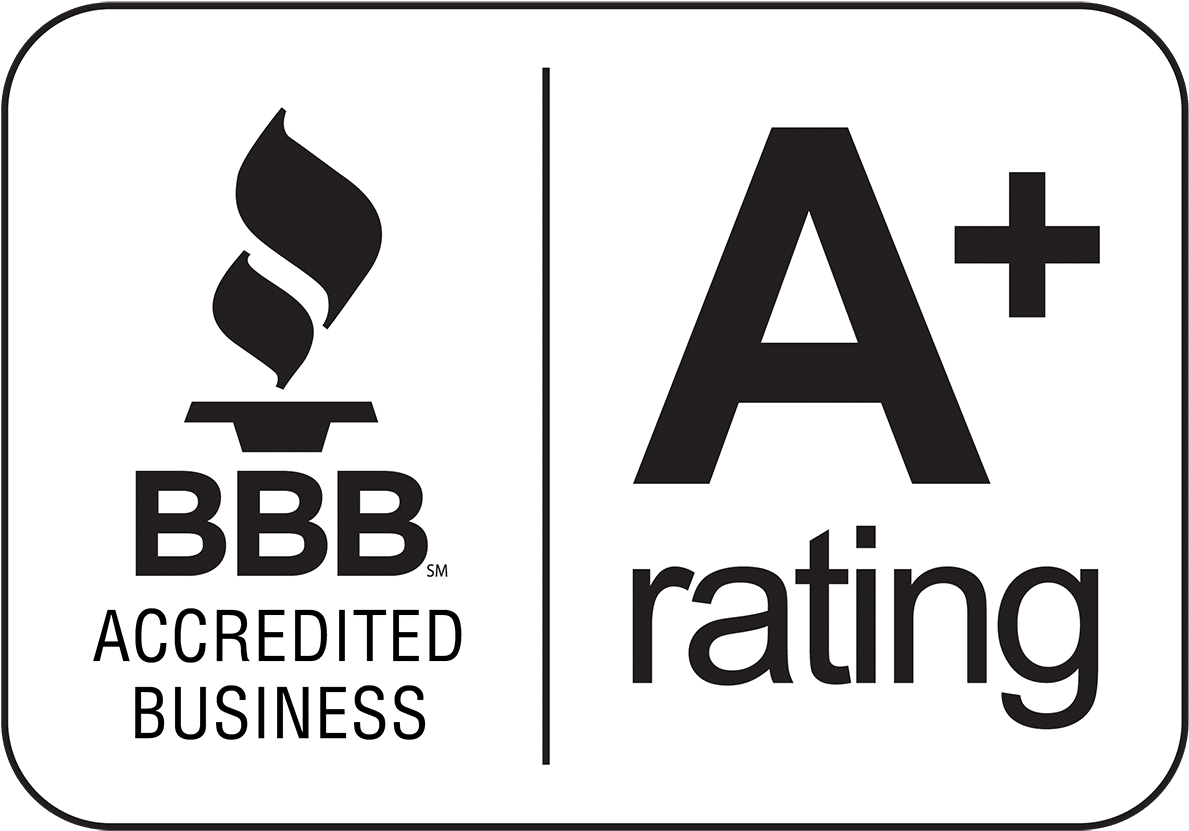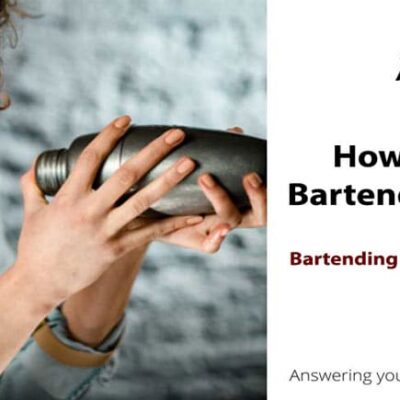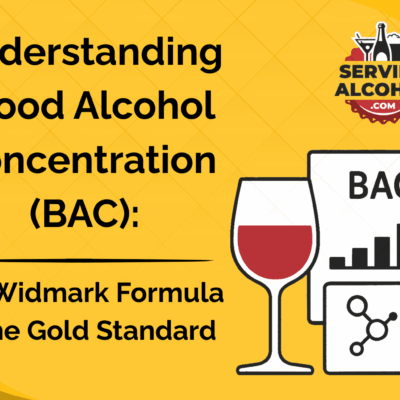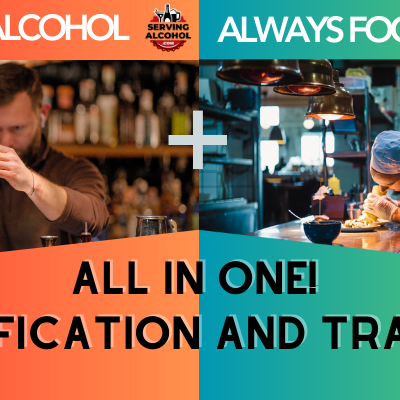Bartending is a legit career choice that more and more people are considering. After all, why not? It allows you to work in dynamic and exciting environments and have fun while making money. As well as a fun career, it can be surprisingly financially rewarding.
The good news is that you don’t need formal training to start and get paid as a bartender. Many think they must take a 40-hour course or several weeks of training before becoming a bartender. Actually, most employers prefer to train you instead.
To know how to become a bartender, read on to answer some of the most frequently asked questions people have about becoming a bartender.
How old do you need to be to become a bartender?
Every US state has its own laws about the production, sale, and distribution of alcohol and that includes how old a person can purchase, consume, and serve the highly-regulated substance.
While the national legal drinking age is 21, some states allow individuals aged 18-20 to work behind the bar counter, often under specific conditions.
Understandably, some businesses are wary of hiring bartenders under 21. Because the job requires staff to be always around alcohol, it’s not uncommon for many to drink while on duty. This can present a legal and financial risk to the business.
Just so you know, we do have more detailed information about how old you have to be to become a bartender for those interested.
Do you need a license or certification to become a bartender?
Like bartending age requirements differ in each state, the need for a bartending license also varies depending on where you want to work. States like Arizona, New Jersey, and West Virginia don't require you to present a license to be employed as a bartender. Meanwhile, you need one when seeking employment in Oregon, Nevada, and Washington.
Despite these mandates, businesses still have the last say regarding hiring qualifications. So even if the state doesn’t require it, your prospective employer can.
A bartending license course teaches local alcohol laws and tips that can help you on the job, such as identifying fake IDs and avoiding selling to underage and intoxicated persons.
Thankfully, getting a bartending license is quick. Serving Alcohol’s reputable state-certified bartending courses take less than 4 hours to complete. Check it out.
How much do bartenders make?
Not all states require employers to pay bartenders a minimum wage. The bulk of a bartender’s take-home pay comes from gratuities or tips.
How much you earn in tips depends on what state or city you’re working in, the kind of venues and hours you work, and how skilled you are as a bartender. Check here to see the occupational outlook for the nation or your state.
A slow night in the low-range to the mid-range bar can get you $40 per shift but on hectic nights, you can take home up to $200 to $500 on tips alone. Bartenders working in upscale venues can earn anywhere between $100 to $1000 a shift.
Read our comprehensive page about how much do bartenders make?
Can you become a bartender even without experience?
Most veteran bartenders will tell you to take a job as a barback (bartender’s assistant) first if you have no prior experience in bartending. As a barback or bartender’s assistant, you will be responsible for doing most of the manual work behind the bar, such as cleaning and restocking glasses, bottles, kegs, and garnishes. This way, you can observe what happens on the job first-hand and gain experience until you’re ready to manage the show independently.
What are the skills needed to become a bartender?
A bartender’s duties and responsibilities include but are not limited to taking orders, making recommendations, mixing dozens of drink recipes, taking payments, making sure the bar is clean and well-stocked, and holding a conversation with customers.
All of these tasks demand you to be flexible, great at task switching, and have excellent people skills. To learn how to become a bartender who earns on the higher end, there is a wide range of skills to master. We cover all of these in our state certification training courses.
If you like physical jobs with plenty of social elements, bartending is a profession that might just be the perfect mix of hectic and fun to be personally and professionally gratifying.
Get started on your bartending career.
How can I become a bartender at home?
You can quickly become a bartender at home by taking training from the comfort of the couch. Enroll in a state bartender training or take our Behind The Bar Excellence course. You can also learn recipes at home with minimal ingredients. Check out our Breaking Down series on our blog for recipes and the Behind the Bar Rail series for information on supplies.
How do you become a bartender?
In summary, to become a bartender, you should be the minimum age in your state to sell/serve alcohol, be prepared to take training (at home), and be sure to work on the necessary skills. With that, you can expect to make your base rate plus $40 in tips a night or more. The better you become, the more money you can make.













Ramonita
Apрreciate this post. Let me try it out.
Tony
It depends on which state you are selling and serving alcohol. Every state has different rules, regulations, and laws regarding the service of alcohol. Some states are required and some states are not but the liability insurance carrier for the establishment will usually require it for coverage. Let us know more about your situation by sending us information through our Contact Us page and we will help you with specifics for your state.
Laurie Beeson
I have been a bartender for over 20 years and would like to just get a license for certain jobs. How do I do this?